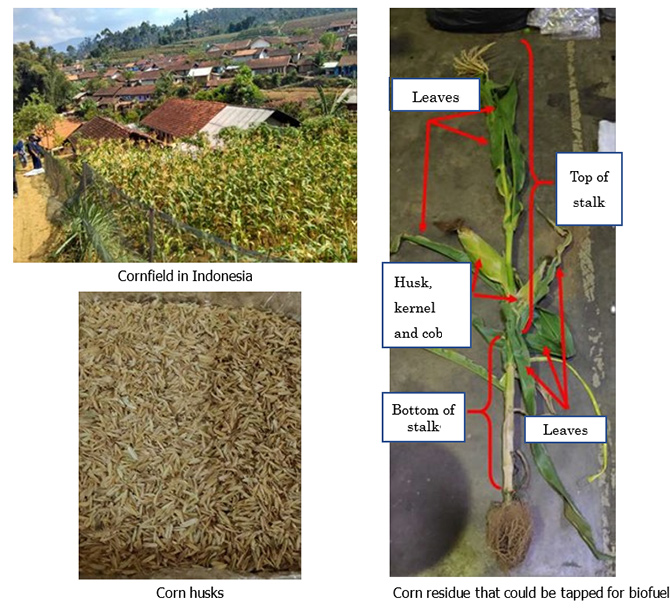IHI Initiates Joint Biomass Fuel Research with Indonesia’s Institut Teknologi Bandung to Cut CO₂ Emissions by Harnessing Agricultural Residues

IHI Corporation announced today that it has begun a joint research project with Institut Teknologi Bandung in Indonesia to help lower carbon dioxide (CO₂) emissions by using agricultural residues as biomass fuel.
Some of Indonesia’s numerous small farms in Indonesia burn some of their rice straw and other agricultural residues in their fields if unusable as animal feed or leave these resources to rot. These practices release greenhouse gases, so proper resource usage has been an issue. Indonesia aims to employ more renewable energy to become carbon-neutral by 2060. The government, relevant ministries, agencies, and PT Perusahaan Listrik Negara, the state-owned electric power company commonly known as Persero, have explored harnessing biomass in demonstration tests with co-firing rates of 1% to 5% at coal power plants, which account for about 50% of the nation’s electricity generation capacity.
IHI and Institut Teknologi Bandung accordingly embarked on their project to reduce the environmental impacts of these agricultural residues, stabilize fuel supplies to power plants, and broaden farmer income sources. They are surveying the locations of existing thermal power plants in Java, where around 70% of the nation’s electricity is generated, with a view to streamlining access to agricultural residues. IHI will draw on its experience with plants in Japan to conduct co-firing experiments and undertake technical studies to increase biomass co-firing ratios and exclusive biomass firing. This work will draw on the company’s experience in these fields in Japan.
Their studies will encompass the entire value chain, from procuring these residues to using them as fuel.
Institut Teknologi Bandung is one of Indonesia’s leading science and technology universities. It helps formulate the country’s energy policy. Many political and business leaders are among its graduates. IHI has collaborated with this university since 2013 in exploring ways to use lignite coal and agricultural residues effectively in Indonesia by mapping their distributions and analyzing their components.
IHI looks for this research into harnessing agricultural residues to help make Indonesia’s power production carbon-neutral and lower the environmental impact of agriculture. The company also hopes to help the nation’s transition to a greener, more resource-efficient economy by increasing biomass co-firing ratios and exclusive biomass firing at coal power plants.

